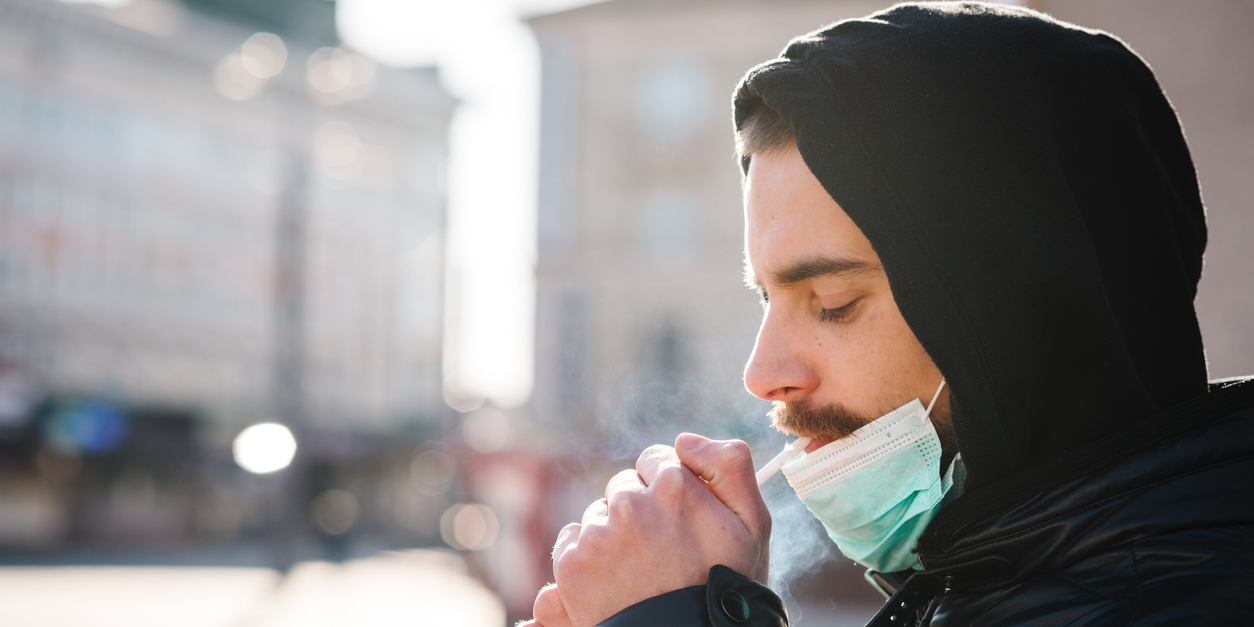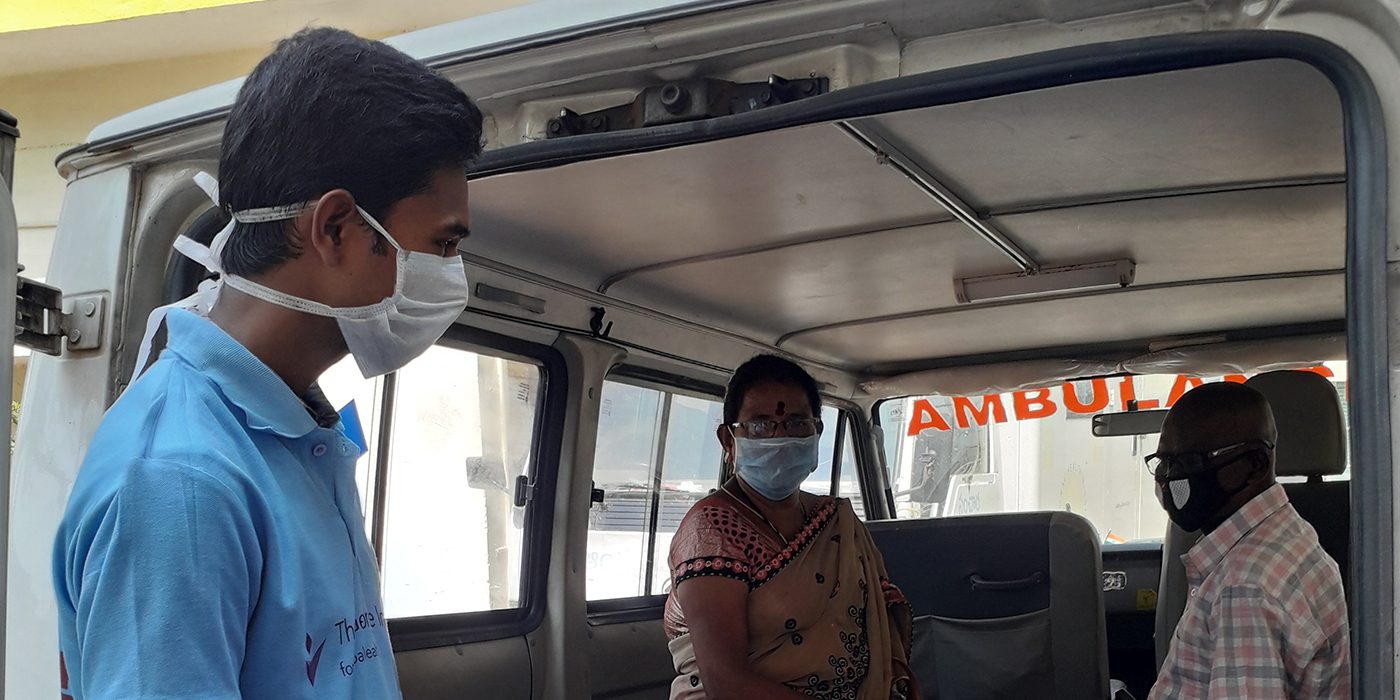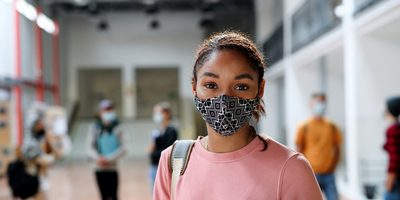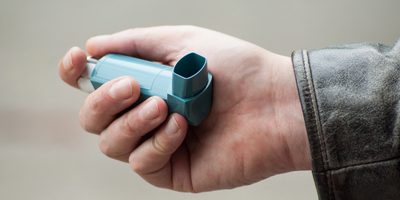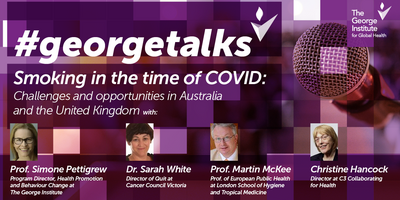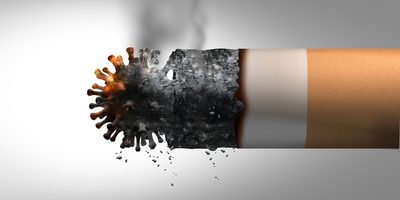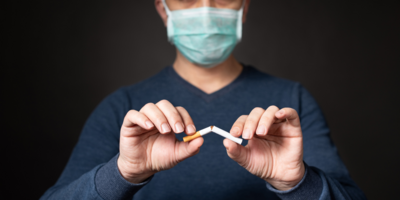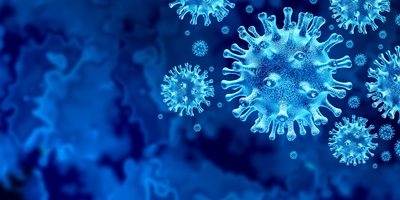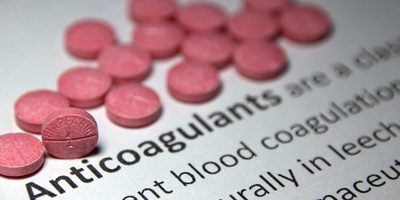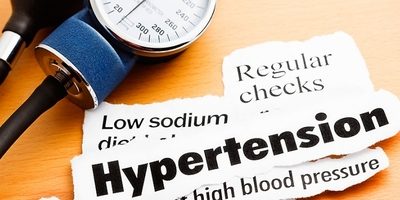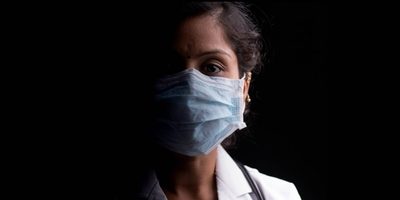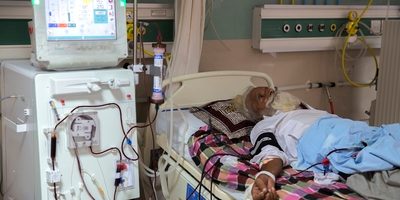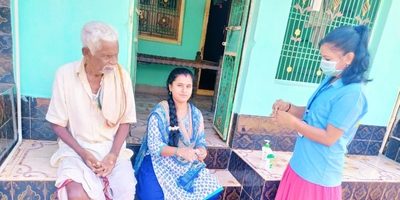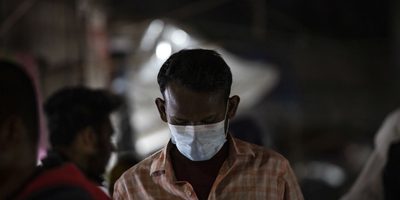This article was written by Caroline Tang and was first published by UNSW Newsroom. It is reproduced here with their kind permission.
Two UNSW Sydney academics discuss how coronavirus – primarily a respiratory virus – affects smokers.
Professor Christine Jenkins, AM, is Conjoint Professor of Respiratory Medicine at UNSW Sydney, Head of the Respiratory Group at The George institute for Global Health and Chair of the Lung Foundation Australia. She has led many clinical trials in airways disease and held major roles in advocacy and leadership for lung health in Australia.
Associate Professor Freddy Sitas is the Director of the Centre for Primary Care and Equity at UNSW Sydney and Conjoint Professor at the UNSW School of Public Health and Community Medicine. A/Prof Sitas has more than 20 years’ experience researching smoking-related hospitalisations, cancers and deaths, including working with the World Health Organization and Clinical Oncology Society of Australia on smoking cessation.
Are smokers more susceptible to catching COVID-19?
Professor Jenkins said we don’t know for certain.
“But on the basis of information we have about the nature of chronic lung disease, we know that when you have lung inflammation present already, you are more likely to be prone to invasion and severe damage from other causes of lung inflammation. Smokers may also be more vulnerable through bringing their hands to their mouths and inhaling repeatedly,” Prof Jenkins said.
“We are waiting to see the data, however, that convincingly tells us that people with chronic lung disease – which many smokers suffer from – are more vulnerable to picking up COVID-19.”
Associate Professor Sitas said there was a lot of peer-reviewed literature on the mechanism of how smoking harmed cells in the lungs and how that made smokers more susceptible to infectious respiratory diseases, such as influenza, pneumonia and tuberculosis.
“This has been summarised by Cancer Council Victoria: the harm that smoking causes to the lungs includes: mild immune impairment and significant impaired function of cilia in the lung. Cilia have the vital role of clearing foreign bodies in the lungs; i.e., viruses and bacteria,” A/Prof Sitas said.
“So, smokers get more respiratory infections, and colds of greater severity than non-smokers. This includes respiratory syncytial viruses, which cause infections of the lungs and respiratory tract. Their rate of transmission is greater in smokers than in non-smokers.”
Will smokers have a worse outcome if they catch COVID-19?
Professor Jenkins said we did not know yet if smokers were more vulnerable to serious consequences if they acquired COVID-19, but there were very specific reasons why people with chronic lung disease could be badly affected by COVID-19.
“These reasons are not all about increased susceptibility to catching the virus: some of them are about increased susceptibility to catastrophic outcomes because these people already have lung damage,” Prof Jenkins said.
“We would expect smokers to be at greater risk of lung injury from a nasty respiratory virus and I don't have any reason to think COVID-19 is different. But we are, as yet, not fully informed about this and the published papers, as yet don't identify smokers as being more at risk than non-smokers. However, I say that with a lot of reservation about what we're seeing in the data.
“The only available evidence specifically addressing risk for people with chronic lung disease comes from early cases published by the Chinese Center for Disease Control and Prevention (China CDC), which suggests that amongst co-existing disorders as COVID-19 risk factors, hypertension and diabetes were stronger predictive factors for a poor outcome from COVID-19 than Chronic Obstructive Pulmonary Disease (COPD).
“From everything we know about the effect of viral respiratory infections, people with COPD are very much more likely to be predisposed to bad outcomes from COVID-19. COPD is a disease that smokers get, as well as people working in dusty environments and women in developing countries who are particularly exposed to biomass fuels in heating and cooking, such as animal dung. So, we are greatly concerned about what will happen when COVID-19 reaches communities that have very, very poor health infrastructure. Genetic causes of COPD are rare.
“So, people with COPD who have moderate to severe disease can have very abnormal oxygen levels day-by-day and they manage. But the moment there’s an additional problem that causes a further loss of ability to transfer oxygen from the air into the bloodstream, then they are at profound risk of deterioration.”
Associate Professor Sitas said for smokers, there were a number of “strands” of convincing evidence that suggested smokers would have worse outcomes if they caught COVID-19.
“Risks of dying from other known infectious respiratory diseases in smokers are 50 per cent to 300 per cent higher than in non-smokers. We have been underestimating the role of infectious lung disease deaths caused by smoking,” A/Prof Sitas said.
“For example, in South Africa it was only when we added a question about smoking on death certificates that we discovered tuberculosis was the leading cause of death caused by smoking in black South Africans. The COVID-19 pandemic is evolving but a breakdown of sex ratios shows that males (who smoke more in China, Iran and Italy), are more at risk of dying from COVID-19 than females.
“Aside from the sex ratios, there is a Chinese Medical Journal report from Wuhan on 78 cases showing those who have more serious respiratory outcomes were nine times more likely to be smokers. We already know that people with pre-existing health conditions fare worse from COVID-19. These studies are not perfect but it’s simple logic to infer that smokers will do worse than non-smokers.
“There is a good opinion piece published in The BMJ Opinion about COVID-19 and quitting smoking during respiratory virus epidemics, while the United Kingdom’s Secretary of State for Health has urged smokers to quit based on research on previous coronaviruses that showed smoking made the impact of a coronavirus worse.
“This is a good opportunity for smokers who are in a high-risk group of catching COVID-19, or who are living with a person who is at high risk, to seriously consider quitting.
“The scientific evidence for causality is evolving and is overall positive. We have evidence from mechanistic studies, examples from other respiratory diseases, emerging epidemiological data, and plain common sense that smoking may turn out to play a more serious role in COVID-19 deaths than previously anticipated.”
